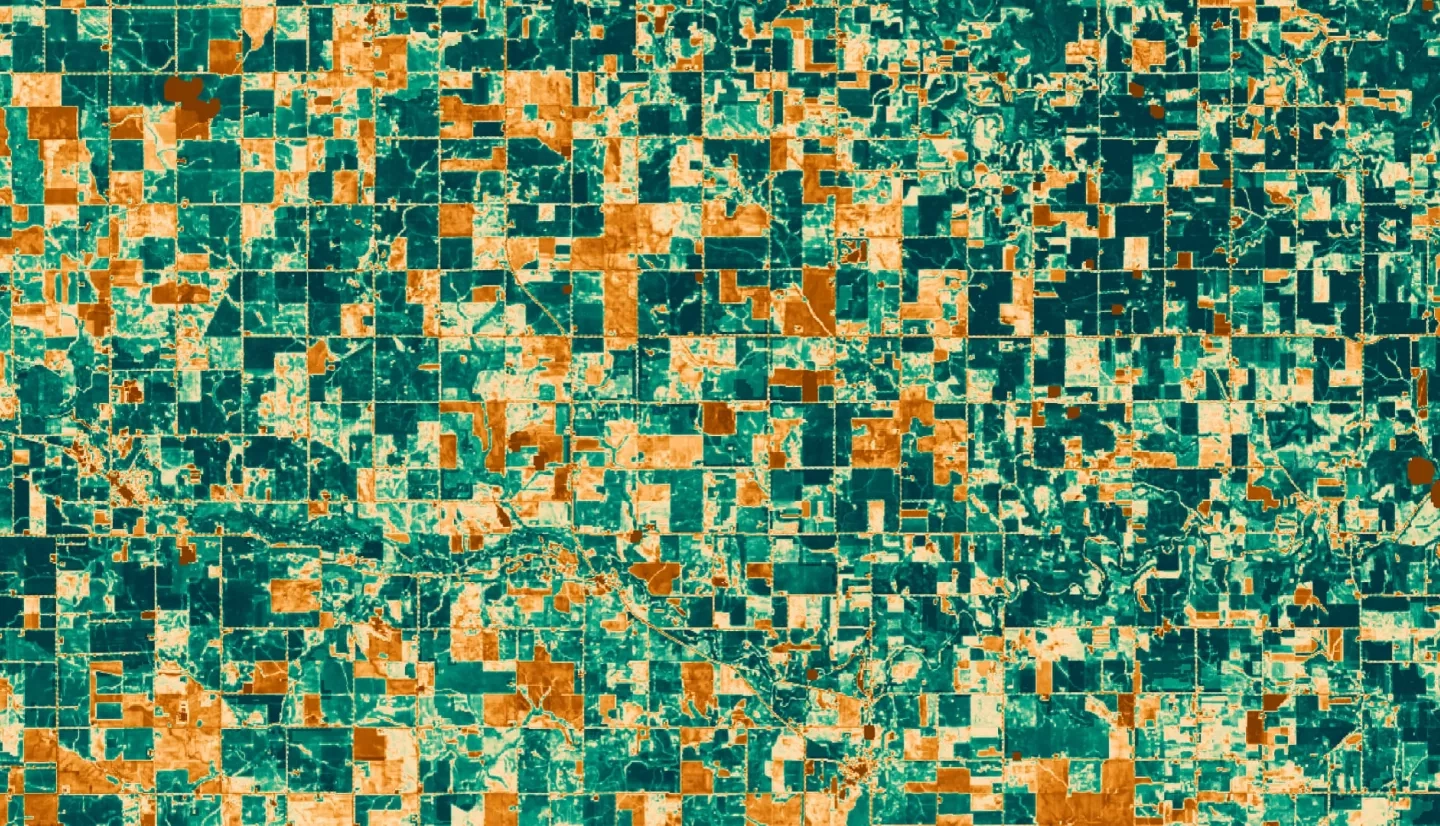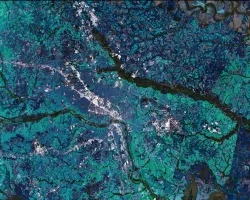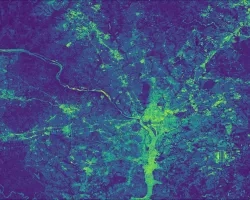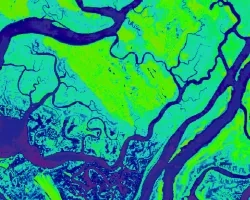
Agriculture in the Midwest is dominated by monoculture systems that strip the soil of nutrients, decrease yields, and worsen water quality. Crop diversification and cultivating small grains is economically and ecologically advantageous, but limited in practice due to a lack of data about small-grain crop performance as well as monoculture-favoring insurance coverage, economic incentives, and sociocultural traditions. Practical Farmers of Iowa (PFI) strives to create more sustainable agriculture and supports Midwestern farmers in adding small grains into their crop rotations. The DEVELOP team partnered with the USDA Agricultural Research Service and the USA National Phenology Network to assist PFI in applying NASA Earth observation data to track small-grain crop performance. This project developed a Google Earth Engine user interface that enables PFI farmers to compare satellite-assessed vegetation production and climatic conditions of their farm with other PFI farmers. The team assessed the crop performance through Normalized Difference Vegetation Index (NDVI) values derived from Landsat 7 Enhanced Thematic Mapper Plus (ETM+) and Landsat 8 Operational Land Imager (OLI). Additionally, the team created a regression model to analyze the predictive properties of vegetation indices and crop yield, ultimately establishing a relationship with mean NDVI from the early growing season. PFI farmers can utilize these products to make informed decisions about their crop production as well as advocate for more expansive insurance policies to protect small-grain crops.



